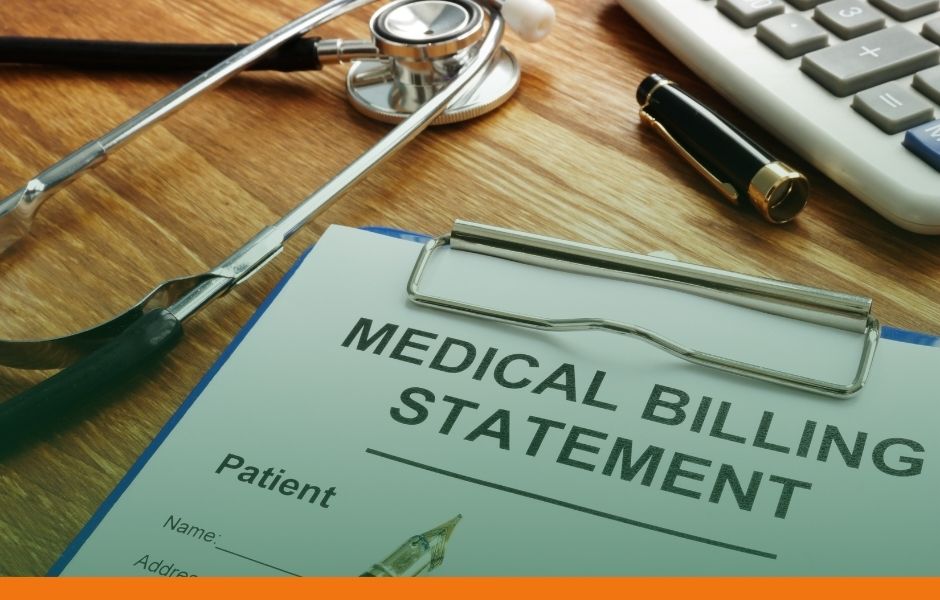
Maze of Medical Expenses
Taxes, a labyrinth of rules and regulations, often leave us wondering about potential savings. One question that frequently arises is, "Can I claim medical expenses on my taxes?" In this enlightening journey, we’ll unravel the intricacies of navigating the tax landscape when it comes to medical costs. From the eligible expenses to the claiming process, let’s embark on a quest to heal not just your body but also your wallet.
1. What Qualifies as a Medical Expense?
Before delving into the world of tax claims, it’s crucial to understand what the IRS considers as eligible medical expenses. These can include:
- Doctor and Dentist Fees:
- Payments made to healthcare professionals for services rendered. This includes fees for visits to doctors, dentists, and other qualified medical practitioners.
- Prescription Medications:
- The cost of prescribed medications is considered eligible. This includes both the amount paid at the pharmacy and any mail-order prescription expenses.
- Medical Procedures:
- Expenses related to medical procedures, surgeries, and laboratory tests qualify. This encompasses a wide range of medical interventions necessary for your health.
- Health Insurance Premiums:
- Premiums paid for certain types of health insurance can be claimed. However, not all types of health insurance premiums are eligible, so it’s essential to verify with the IRS guidelines.
- Transportation for Medical Care:
- Travel expenses related to medical appointments, such as mileage, parking fees, and tolls, are eligible for deduction.
2. What Expenses Are Not Eligible?
While many medical expenses qualify, some do not make the cut. Be aware that the following are generally not considered eligible:
- Cosmetic Procedures:
- Expenses for purely cosmetic procedures, like elective plastic surgery, are usually not eligible for deduction.
- Over-the-Counter Medications:
- Non-prescription medications, even if recommended by a healthcare professional, are typically excluded from eligible expenses.
- General Health and Wellness Items:
- Expenses for general health items, like vitamins and health club memberships, are often not eligible. The IRS focuses on costs directly related to medical care.
The Claiming Process
1. Keeping Accurate Records
To successfully claim medical expenses, meticulous record-keeping is essential. Follow these steps:
- Collect Invoices and Receipts:
- Keep a detailed record of all medical bills and receipts. This includes invoices from healthcare providers, pharmacies, and any other relevant medical service.
- Document Travel Expenses:
- Note the mileage and other costs for travel related to medical care. This includes trips to the doctor, pharmacy, and other medical appointments.
- Maintain Prescription Records:
- Keep a log of prescribed medications and their costs. This information is vital for accurately claiming eligible expenses.
2. Qualifying for the Medical Expense Deduction
The IRS allows taxpayers to deduct medical expenses that exceed a certain percentage of their adjusted gross income (AGI). As of 2023, eligible expenses that surpass 7.5% of your AGI may be deducted. Here’s how to determine if you qualify:
- Calculate Your Threshold:
- Multiply your AGI by 0.075 to find your threshold. For example, if your AGI is $50,000, your threshold is $3,750.
- Subtract Eligible Expenses:
- Subtract your eligible medical expenses from the threshold. If your total eligible expenses amount to $5,000, you can deduct $1,250 ($5,000 – $3,750).
- Claim the Excess:
Tips and Tricks for Maximizing Your Claims
1. Bundling Medical Expenses
Consider bundling your medical expenses in a single tax year to increase your chances of surpassing the threshold and qualifying for the deduction. For example, if you have elective medical procedures planned, try to schedule them in a year when you have other significant medical expenses.
2. Understanding Tax-Advantaged Accounts
Explore the benefits of contributing to Health Savings Accounts (HSAs) or Flexible Spending Accounts (FSAs) to cover medical expenses with pre-tax dollars. These accounts allow you to set aside money for medical expenses before taxes are deducted from your paycheck, providing a valuable tax advantage.
3. Consult a Tax Professional
If navigating the medical expense deduction seems daunting, seek guidance from a tax professional. They can provide personalized advice based on your unique situation, ensuring you maximize your eligible deductions and comply with current tax regulations.
Conclusion
Claiming medical expenses on your taxes is a powerful tool for alleviating the financial burden of healthcare. By understanding what qualifies, maintaining meticulous records, and utilizing tax-advantaged accounts, you can transform your medical journey into a path of financial healing. As you embark on this tax-saving adventure, remember that knowledge is your greatest ally. So, equip yourself with the information needed to navigate the maze of medical expenses and emerge with both a healthier body and a healthier wallet.







